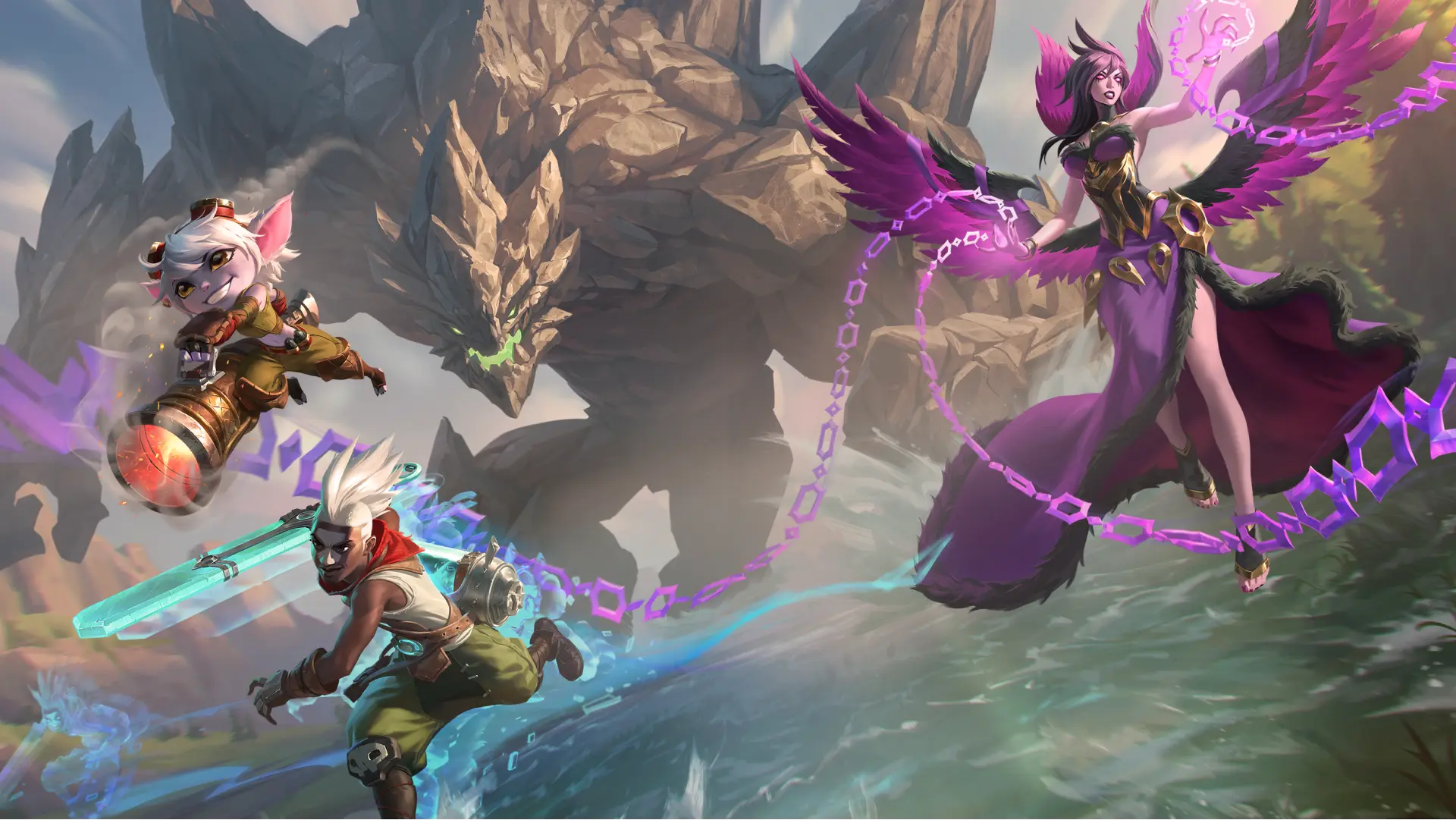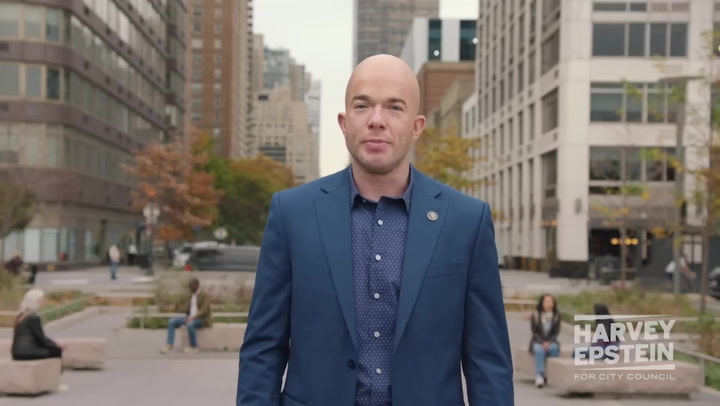In today’s fast-evolving technological landscape, the use of artificial intelligence (AI) continues to raise ethical questions, particularly in the film industry where actors like Robert Downey Jr are vocal about their concerns. Recently, Downey Jr. made headlines by declaring that he would sue any executives who attempt to create an AI replica of him, even after his death. His statements come amidst growing fears regarding unauthorized uses of performers' likenesses.
During an interview on the On With Kara Swisher podcast, Downey Jr. discussed the implications of AI technologies and how they affect actors. This dialogue arises against a backdrop of recent SAG-AFTRA strikes, where the rights of performers regarding AI were prominently featured.
Downey Jr., best recognized for his iconic role as Tony Stark in the Marvel Cinematic Universe (MCU), expressed his discontent with the possibility of Hollywood executives replicating his character without his consent. His humorous but pointed remark, "Well, you're right. And I would like to here state that I intend to sue all future executives just on spec," encapsulates a growing sentiment among actors regarding their legacies and likenesses.
Concerns Over AI and Ethics in Hollywood
As the use of AI becomes more common, actors have begun to fear how their performances could be exploited posthumously. The topic is not just about protection of character attributes; it's a deeper inquiry into the essence of an actor’s performance. Downey Jr. noted, "I am not worried about them hijacking my character’s soul... there’s like three or four guys and gals who make all the decisions there anyway." This statement hints at the limited number of creative gatekeepers in the industry, but also suggests a future where that dynamic could change.
On this podcast, he was prompted about the trend of AI 'deepfakes,' which have sparked fierce debates regarding authenticity and creative control. As technology becomes capable of mimicking likenesses with increasing sophistication, actors face the possibility of being represented without their consent.
The Evolution of AI in Film and Future Implications
Downey Jr.'s comments come at a time when the industry is still grappling with how to navigate the ethical dilemmas posed by AI. He stated, "I feel about it minimally because I have an actual emotional life that’s occurring that doesn’t have a lot of room for that." His awareness and caution reflect a broader concern among entertainers as they seek to preserve their rights and identities.
The implications of Downey Jr.’s warnings could extend far beyond just his own career. The potential for AI to alter the landscape of performance art raises questions on ownership, consent, and the authenticity of artistry. If actors' likenesses can be utilized without their consent, it not only threatens their legacy but challenges the very fabric of creative works.
In 2023, following a lengthy strike, SAG-AFTRA pushed for stronger protections in agreements, urging for clauses that restrict the exploitation of AI technologies. This incident shows the industry’s struggle to keep pace with technology while safeguarding artist rights.
Downey Jr. has balanced his skepticism with a nuanced understanding of AI technology. Notably, he invested in an AI-based cybersecurity firm, hinting at his belief in the potential benefits of AI, provided that it is developed and used ethically.
In addition to this, he produced a nine-part YouTube series titled The Age of AI, where he delves into how AI could reshape various aspects of society, balancing caution with curiosity about the technology's future.
Future of Entertainment in the AI Era
The entertainment industry is at a pivotal point, continuously adjusting to technological advancements while negotiating the complexities of intellectual property. Robert Downey Jr.'s proactive stance emphasizes the urgency for policy adaptations to protect artists from potential abuses.
The MCU's plans include Downey Jr.'s return in a new role as Doctor Doom, suggesting that the narrative around his character could evolve to include complex representations of good and evil, opening further discussions about identity in the AI era.
As the dynamics of storytelling shift with the integration of AI, the industry must adapt to define fair guidelines that respect actors' rights while embracing innovation. The balance between progress and ethical considerations will shape the future of entertainment.
Downey Jr. reveals a broader truth about navigating life and career in an increasingly digital landscape. Only time will tell how Hollywood, and indeed the world, will deal with these formidable advancements, but the conversations sparked by leaders in the field, like Downey Jr., are essential as we forge our path forward.
Rebekah Valentine is a senior reporter for IGN. You can find her posting on BlueSky @duckvalentine.bsky.social. Got a story tip? Send it to rvalentine@ign.com.




.webp)

